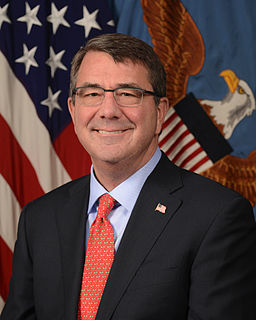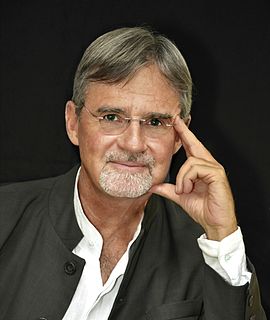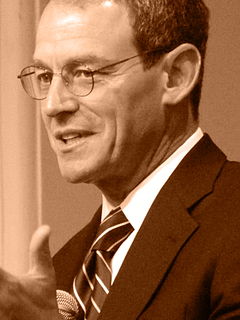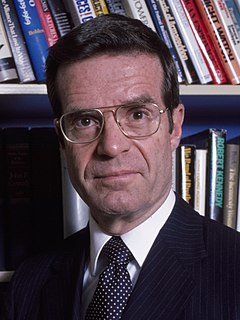A Quote by Ashton Carter
I came up during the cold war, and during the cold war it was always possible with the then Soviet Union - the Russian leaders behaved carefully and predictably. They didn't engage in nuclear saber rattling. They were able to work with us and align their interests where possible.
Related Quotes
NASA was invented as a response to Cold War steps. There are those who presumed that we went to the moon because we're explorers. We went to the moon because we were at war with the Soviet Union. And so when it became clear that they (Soviet Union) were not going to the moon, we're done with the moon.
In 1945, at the beginning of the Cold War, our leaders led us astray. We need to think of the Cold War as an aberration, a wrong turn. As such, we need to go back to where we were in 1945 - before we took the road to a permanent war economy, a national security state and a foreign policy based on unilateralism and cowboy triumphalism.
It has always struck me as the world's great fortune that the two great superpowers were the United States and the Soviet Union, who managed the Cold War with meticulous care in retrospect. Imagine the European diplomats of 1914 or 1938 armed with nuclear weapons. It is easy to believe they would not have been as cautious.
As I came through medical school, it was very exciting because physicians were reaching out to each other, between the U.S. and the Soviet Union, and sort of helping to build bridges among, you know, people, people who were not allowing our government to pit us against each other and to actually take us to the brink of nuclear war. And Physicians for Social Responsibility wound up getting a Peace Prize, a Nobel Peace Prize, which they shared with International Physicians for the Prevention of Nuclear War.
It is not the conservative psyche that needs analysis. Conservatives were right in the Cold War --so right that liberals are pretending they were with us all along -- and they are right about Iraq. It is Leftists who need to account for their consistently disgraceful positions throughout the Cold War and into the War on Terror.

































